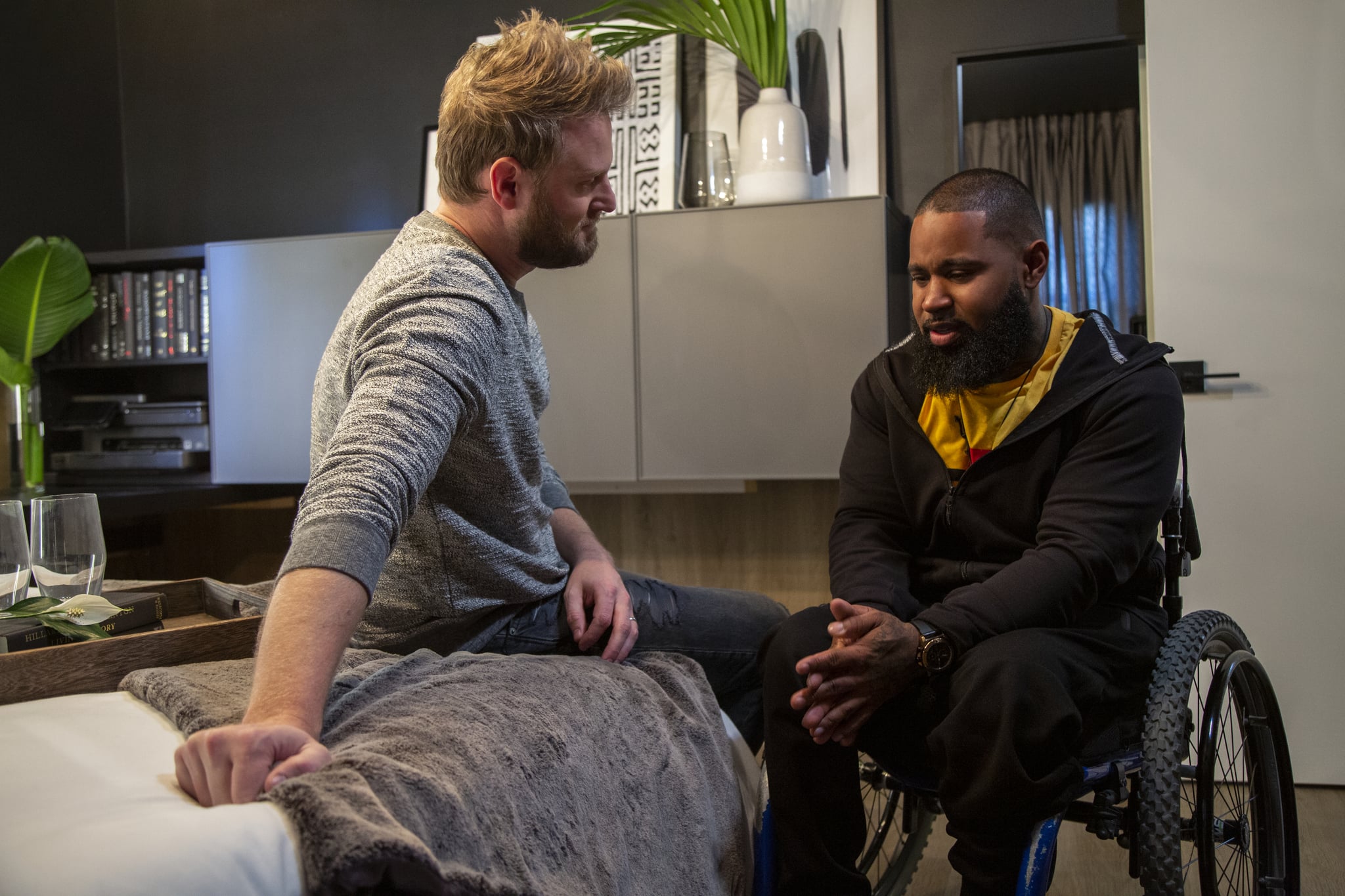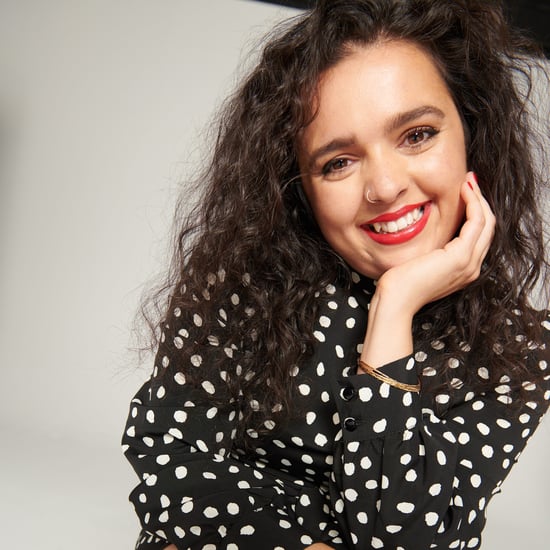What Queer Eye Gets Right About Disabilities
What Queer Eye Absolutely Gets Right About Disabilities

When I heard that Queer Eye was going to do its first makeover of a man with a disability, I was a little concerned. Don't get me wrong — I love the Fab Five. They bring joy and warmth to everything they touch and provide a much-needed sparkle in today's unsure world. But reality television so often gets disability wrong. It's usually either pitying or condescending, and the reality of the person becomes lost under the weight of what the other people in the room want to say about their disability. And the word that many people with disabilities like me dread gets bandied around at a horrifying rate: inspirational.
But I needn't have worried. In "Disabled but Not Really," the word "inspirational" was only used once, and it was right at the end — when it was earned. We had watched 48 minutes of our protagonist, Wesley, be radiant and welcoming, running his own organisation to help others in his situation, turning his life around from his gang days, and, most impressively, sitting down and embracing the man who had shot him and caused his paralysis in the first place. He wasn't inspirational because he used a wheelchair. He was inspirational because of who he was and what he did.
Queer Eye shows us the best of who we can be if we're willing to listen and accept each other's differences.
As a person who sometime needs to use a wheelchair myself, I can't tell you how uplifting it is to see a program centreing on a man with a disability be about so much more than just his chair. The Fab Five treated him exactly the same as they do any other of their heroes, even though so much of their makeovers needed to take his chair into account. Wesley and Tan made a joke about Tan pushing his chair, but it was never presumed. (People pushing me in my chair without my consent is one of my greatest bugbears.) Tan was also very respectful when asking about any considerations he needed to take into account when choosing clothes and let Wesley take the lead in voicing his requirements without ever making a big deal out of it.
The episode also shone a light on the restrictions provided by inaccessible buildings, both in and outside the home. Antoni expressed his bewilderment that he'd never considered that half of supermarkets are completely out of reach for wheelchair users, and Bobby asked Wesley to show him all the areas in his home that made life more difficult than it needed to be. The changes that Bobby made in his home will be truly life changing for Wesley, something beautifully highlighted by his excitement at being able to sit up to a kitchen table that accommodated his chair. Even the mirror in the bathroom had been readjusted so he could finally see himself in it. Every tiny little detail had been thought through with genuine care and compassion. And crucially, it looked just as beautiful as any other home makeover we've seen Queer Eye do.
One of my favourite parts of the episode was when Tan and Wesley were able to have a quiet moment to themselves by the dressing rooms. The two shared a really touching conversation in which they were able to reflect upon their own respective journeys of self-acceptance. Tan spoke about his own personal difficulties in coming out to his family, saying, "It's not easy for me to say this is me, this is what I represent . . . it's a process," a sentiment that many in the disabled community would recognise immediately, even though it's about something completely different. Wesley affirmed that he was trying to spread a message of self-acceptance via his organisation. Two very different men with very different backgrounds, but they both shared the experience of being slightly on the outside and needing to find a way to come to terms with who they are and what that means in society. Wesley reflected upon the fact that he'd never been around five gay gays before and that Tan hadn't previously been around five disabled people either. It was a beautiful, life-affirming moment and showed just how much we can learn from each other if we are willing.
For Wesley, life before and after injury are two completely different worlds. For him, the injury enabled him to grow as a person and turn his back on the more troubled path he had taken in his youth. He sees his injury as a positive thing, the turning point in his life that turned him into the person he is today. But the episode still didn't shy away from the fact that that change doesn't happen easily. We were shown emotional interviews with his mother, who spoke of the difficult two years when he was bedridden, and the rage and depression that threatened to overwhelm him. For those of us who know a "before and after" disability, this change is something that is very poignant. Adjusting and accepting our bodies as they are now is not always easy. I am nowhere near Wesley's state of self-confidence in his new state, but perhaps he shows that one day I could be.
Queer Eye shows us the best of who we can be if we're willing to listen and accept each other's differences. But "Disabled but Not Really" did more than that. It let Wesley's personality shine through, without ever making any assumptions or well-intentioned but ultimately patronizing statements on what it means to be disabled. If only more television could be this forward thinking.







